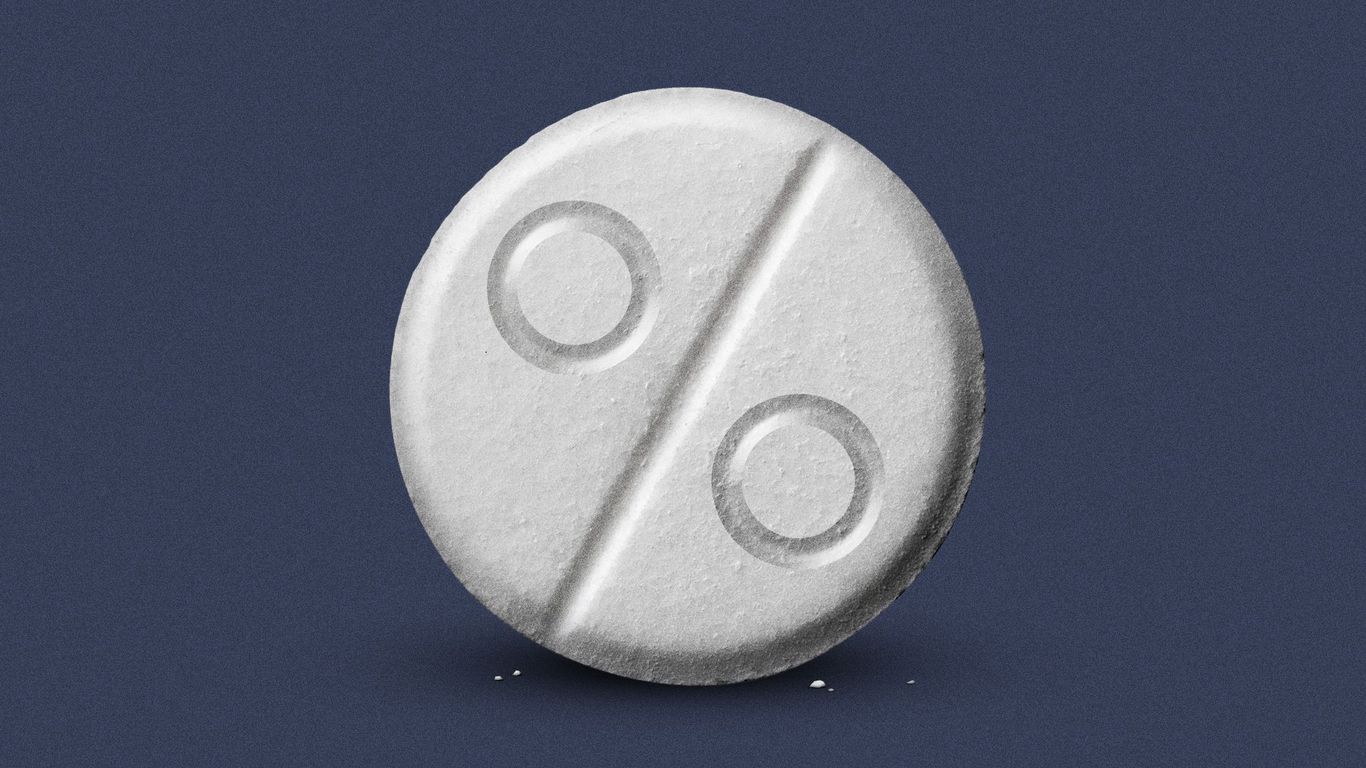Trade War Tremors: How Trump's Tariffs Could Disrupt Medical Supply Lines and Inflate Healthcare Costs

The global healthcare supply chain stands on the brink of potential disruption as new tariffs threaten to unravel the delicate network that barely survived the intense pressures of the COVID-19 pandemic. Medical facilities and supply networks, already stretched thin by unprecedented challenges, now face a new threat that could compromise their ability to provide critical healthcare resources.
During the pandemic, healthcare systems demonstrated remarkable resilience, sourcing essential components from a complex global network of suppliers. Now, proposed tariffs risk dismantling this intricate web of international collaboration, potentially creating bottlenecks in medical supply chains and driving up costs for healthcare providers and patients alike.
The interconnected nature of modern medical supply chains means that even minor disruptions can have cascading effects. Components for medical equipment, diagnostic tools, and critical healthcare technologies often traverse multiple international borders before reaching their final destination. These tariffs could create significant barriers, potentially slowing down the production and distribution of vital medical supplies.
Healthcare administrators and supply chain experts are sounding the alarm, warning that these trade barriers could not only increase costs but also compromise the reliability and efficiency of medical resource procurement. The fragile equilibrium established during the pandemic's most challenging moments could be severely tested by these proposed economic restrictions.
As the healthcare industry continues to recover and adapt in the post-pandemic landscape, these potential tariffs represent a critical challenge that could undermine years of hard-won progress and international cooperation.
